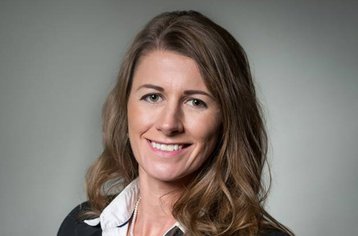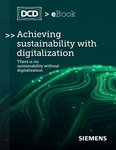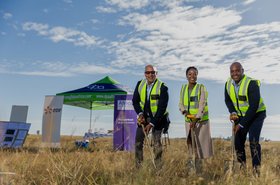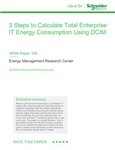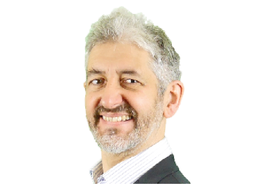The German Datacenter Association (DCA) has called for changes to a draft law to improve energy efficiency, which will soon go to the German Cabinet, warning that its proposals for renewable energy and heat reuse are flawed.
The German Ministry of Economic Affairs and Climate Action (BMKW) will be presenting a new draft of the Energy Efficiency Act to the Cabinet.
The BMKW has made changes to measures affecting data centers, following GDA comments on an earlier draft, but the GDA says BMKW's demands for heat reuse are still not practical, and a requirement to use renewable energy does not take into account the nature of colocation contracts.
The GDA said the original proposals were so limiting they amounted to a "data center prevention law," but welcomes the new plan which will create a legal framework for increasing energy efficiency in data centers.
"We now see the document as a good basis for further talks," said Anna Klaft, chairwoman of the GDA.
In the draft shared in November, all new data centers would be required to have a PUE (power usage effectiveness) of less than 1.3. The new draft allows operators to build less efficient data centers until July 2026, but these must be improved to a PUE of 1.5 by July 2026, and then to 1.3 by July 2030.
On heat reuse, the original draft proposed that all data centers built from 2025 onwards must have at least 30 percent of their heat reused, while those built from 2027 must reuse 40 percent. The new draft makes much smaller demands, starting at 10 percent heat reuse from 2026, and increasing to 20 percent in 2028.
BMKW also calls for data centers to use more renewable energy, but now plans to allow data centers to adopt it more slowly. Data centers were originally expected to use 100 percent renewable energy by 2025, but now that requirement does not come in until 2027.
GDA thinks that the quotas for renewable energy and heat reuse are still too demanding.
Klaft says requirements to use renewable energy are a "positive development," and one which most of the industry already meets. However, colocation operators also operate under contracts which require them to charge their customers the lowest price available on the electricity exchange, so they may be required to pay a green premium for electricity, but be unable to pass that cost on to customers.
"In the long run and depending on the proportion of such customers, this is a significant loss-making business," said Klaft.
Meanwhile, data centers have been finding it difficult to implement heat reuse, but the problem is mainly in the lack of heat network infrastructure, the temperatures required or low demand, says the GDA.
Data centers are often built where there is power and fiber, and there may be no heat grids available. At the same time, these grids may not have any demand for heat in the summer.
"You can only achieve an annual average by having to deliver almost double capacity in the winter months, because in the summer the demand for heat absorption by consumers will be minimal," said Klaft.
The GDA wants to see a "holistic" approach to heat reuse, with each data center considered individually. "From GDA's point of view, it would make sense to first determine guideline values as part of a feasibility study, based on the few existing projects and their parameters, instead of prescribing rigid and arbitrary percentage values for waste heat output," says the GDA release.

